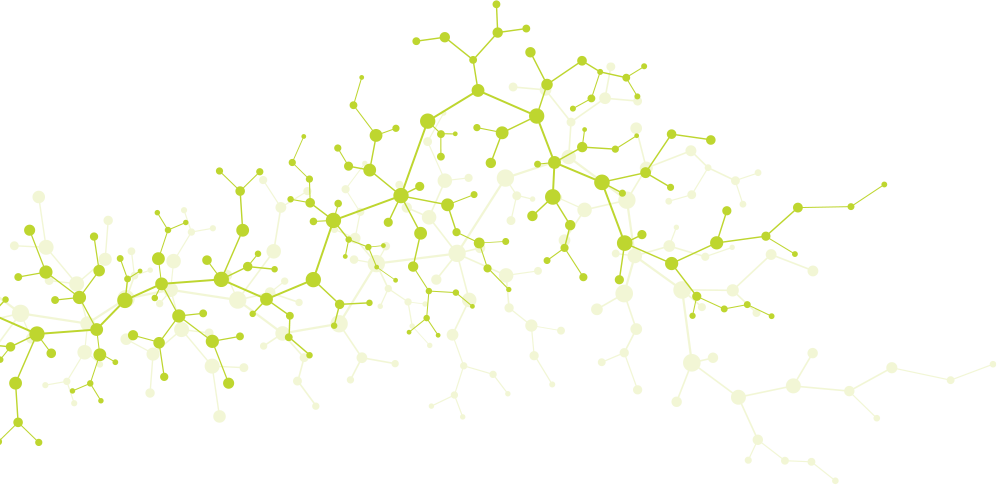Why disruptive behavior can be neurological

It’s easy to get frustrated at chronically disruptive behavior, but sometimes it can be neurological in nature. A recent study found that simply supplementing children with fish oil can improve their behavior, and that a low resting heart rate is often connected with risk-taking behavior.
Omega-3 fatty acids and behavior
The study found giving disruptive children omega-3 fatty acid supplementation reduced the behavior problems and created more family harmony. A common source of omega-3 fatty acids is fish oil supplements. The DHA in fish oil is especially good for the brain and should always be considered in kids with behavior issues. Consider a high-DHA formula.
DHA has been shown to help support issues such as depression, mood swings, bipolar symptoms, poor memory, and cognitive decline.
DHA is necessary for healthy neurons and good communication between neurons. This keeps the brain balanced and active.
DHA also reduces brain inflammation, which is a common cause of mood and behavioral disorders that may be behind bad behavior. Equally important is to remove inflammatory foods from the diet. Gluten and dairy are common offenders, but corn, soy, eggs, or other foods may be culprits.
Omega-3 fatty acids are found primarily in cold water fish and various nuts.
Low heart rate and risky behavior
The researchers came across another interesting pattern in disruptive behavior — many of the youths also had low heart rates.
The lead author theorized that children exposed to chronic stress as children develop low heart rates as a way to blunt the stress response. However, it also may encourage risk-seeking behavior as a way to generate stimulation to the brain. This can promote aggression and impulsivity. This connection was observed in hundreds of at-risk youth; those who acted out the most attention-seeking anti-social behavior also had the lowest heart rates.
ADHD and bad behavior
Disruptive behavior can also be a symptom of ADHD. It’s common for these children to struggle with poor impulse control, inability to concentrate or focus, and anti-social behavior.
Children with ADHD also frequently have problems with anxiety, mood disorders, emotional disturbances, sleep difficulties, motor coordination, learning disabilities, food sensitivities, and digestion.
Examples of factors linked to ADHD include:
- Imbalanced development the left and right hemispheres
- Environmental toxins
- Viral or bacterial infection
- Autoimmune attacks (when the immune system attacks and destroys tissue)
Children with ADHD also often have tics, anxiety, obsessive-compulsive tendencies, and other issues. Although drugs may offer relief they do not address the underlying cause of ADHD. They also change the structure of the brain in children.
How functional neurology addresses bad behavior
Your child may not be able to help their behavior. Instead, it may be a sign of an imbalanced brain. In functional neurology, specializing in brain health also includes identifying diet, food sensitivities, blood sugar, gut health, inflammation, infections, and autoimmunity-related factors – not to mention addressing omega-3 fatty acid insufficiency.
Ask our office how functional neurology can help if your child struggles with focus, being disruptive, or other behaviors preventing your child from living up to their full potential.
